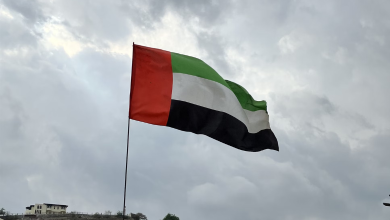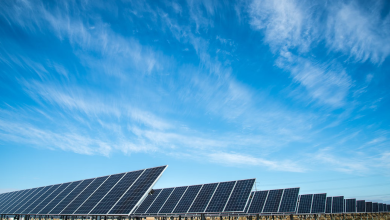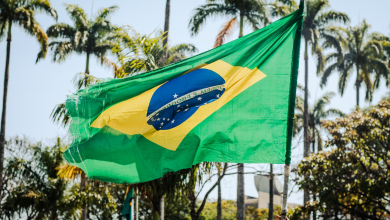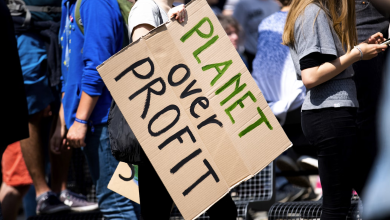Virgin Atlantic’s Sustainable Path on Heathrow to JFK Route
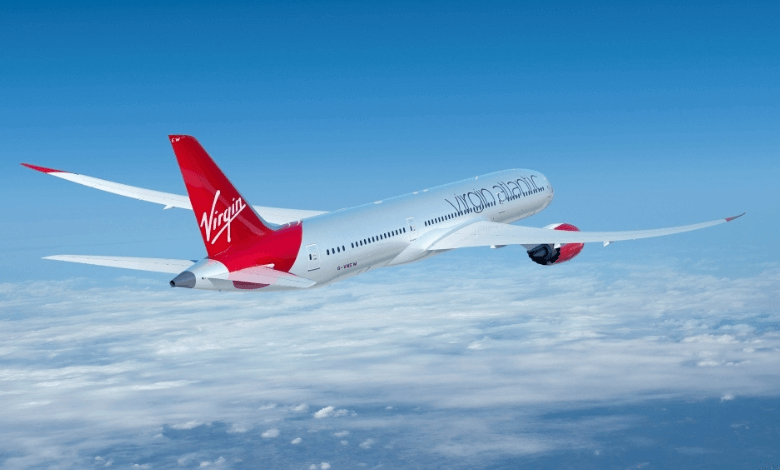
Virgin Atlantic is set to make aviation history today, on November 28, 2023, as it embarks on a groundbreaking transatlantic journey from Heathrow to JFK using a Boeing 787 Dreamliner fueled entirely by 100% sustainable aviation fuel (SAF). This initiative, a first in the airline industry, aims to underscore the airline’s commitment to reducing carbon emissions and combating the climate crisis.
The move comes at a crucial time when air travel contributes approximately 2% to global carbon emissions, a figure anticipated to rise as the industry rebounds from the pandemic-induced slowdown. The Energy and Climate Intelligence Unit (ECIU) emphasizes the significance of curbing emissions from commercial aircraft to address the overall environmental impact of the travel sector.
Virgin Atlantic’s CEO, Shai Weiss, expressed the airline’s dedication to achieving sustainability goals, stating, “We’re committed to using 10% SAF by 2030, but to get there, we need the government to support the creation of a UK SAF industry. We know that if we can make it, we can fly it.”
The Civil Aviation Authority in the UK recently granted Virgin Atlantic permission for Flight 100, marking a significant milestone for the airline and its consortium partners, including Boeing, Rolls-Royce, BP, and others. The SAF used in the flight is derived from non-petroleum-based renewable sources and is considered a viable alternative to conventional jet fuel.
The SAF utilized by Virgin Atlantic’s 787 consists of 88% hydroprocessed esters and fatty acids (HEFA) fuel, derived from sources like pork fat and beef tallow, and 12% synthetic aromatic kerosene, a compound derived from plant-based sugars. This combination is projected to reduce carbon emissions by an impressive 70%.
Read More : How Climate Crisis and Energy Costs Fuel a £600 Surge in UK Food Expenses?
While Virgin Atlantic’s initiative is commendable, it sheds light on the challenges facing the wider adoption of sustainable aviation fuel. Currently, SAF supply is limited, representing less than 0.1% of global aviation fuel. Additionally, the cost of SAF is three to five times higher than traditional jet fuel, posing economic challenges for widespread adoption.
The aviation industry’s journey towards sustainability requires substantial investments, with estimates suggesting up to $5 trillion may be needed to decarbonize global aviation by 2050. Virgin Atlantic’s transatlantic flight serves as a high-profile demonstration of the industry’s commitment to less-polluting fuels, encouraging suppliers to increase production.
As the aviation sector grapples with the complexities of achieving sustainable air travel, initiatives like Virgin Atlantic’s groundbreaking SAF-powered flight are pivotal in steering the industry toward a greener future.
